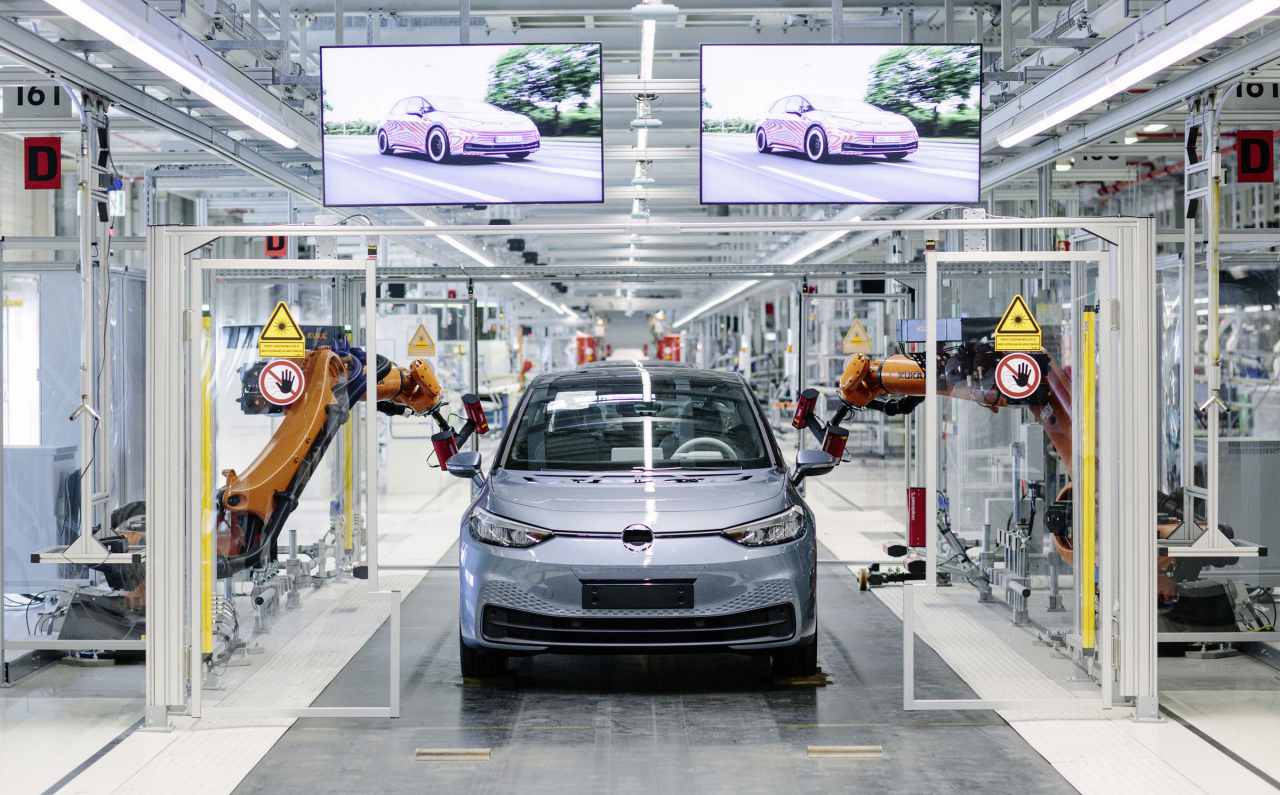CO2 neutrality is a process that involves dynamics from the beginning to the end of a car’s life cycle. A sustainable vehicle implies that, from its conception to the end of its useful life, it has been an example of balance and respect for the environment. This can be measured and demonstrated based on the environmental footprint that, like any human product or activity, is imprinted on the environment.
As a brand and as a group, Volkswagen has set as its own goal for emissions and sustainability for 2050, and, for this, from its facilities and its vehicles, they seek to reduce both the emission of gases and CO2 and its environmental impact.
In facilities such as the one in Zwickau, from where the new Volkswagen ID.3 are assembled, the first 100% electric car manufactured from the Group’s specific platform for vehicles of such condition. A sustainable vehicle is proposed since its final balance once its useful life is terminated, it must be neutral, to the extent that its recharging is made from green energy.
But not only Volkswagen’s newly minted group of electric cars, known as the ID family, are the end product whose environmental balance is measurable.
Concerning batteries, the cells that constitute the specialist LG Chem provides energy accumulators. The collaboration agreement had among its key points that, to establish this treatment, the supplier company should not only guarantee the use of green energy in the manufacturing process but also demonstrate it, as they do.
Regarding the mechanics of Volkswagen electric cars, the brand pursues a neutral CO2 balance since, for the manufacture of its vehicles, the steel that constitutes its architecture is manufactured in such a way that it reduces emissions by up to 70%.
Something also happens in terms of engines that will give life to electric cars like those of the ID family. Since the creation of the engines, Volkswagen claims to have reduced CO2 emissions by up to 50%.
As a whole, from the first steps taken to manufacture a car, through its assembly and subsequent use, the automotive industry and more specifically, Volkswagen, demonstrates its implication that sustainable mobility also implies joining the maximum respect for the environment through measures that work and achieve a neutral balance in the production of waste such as carbon dioxide.

